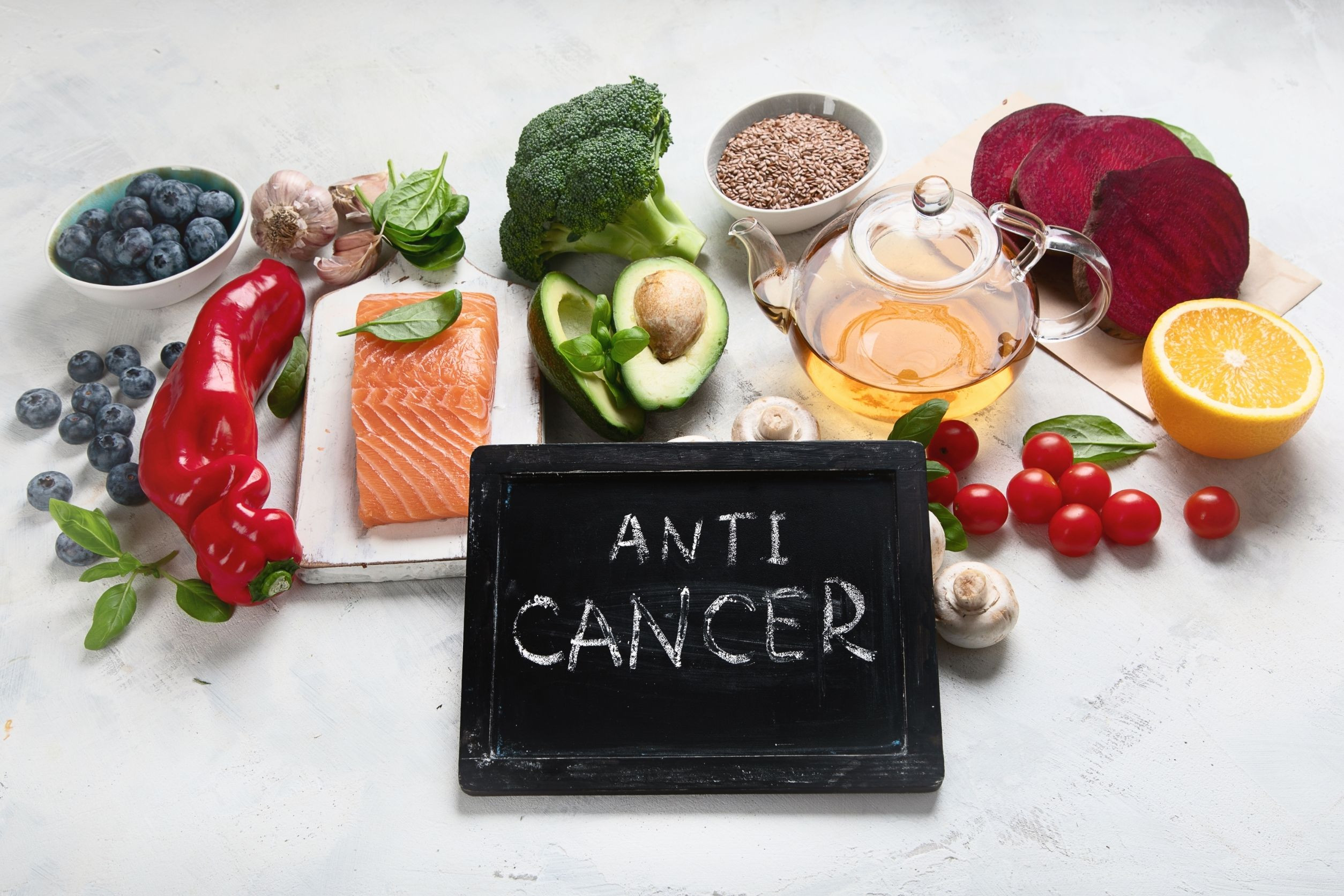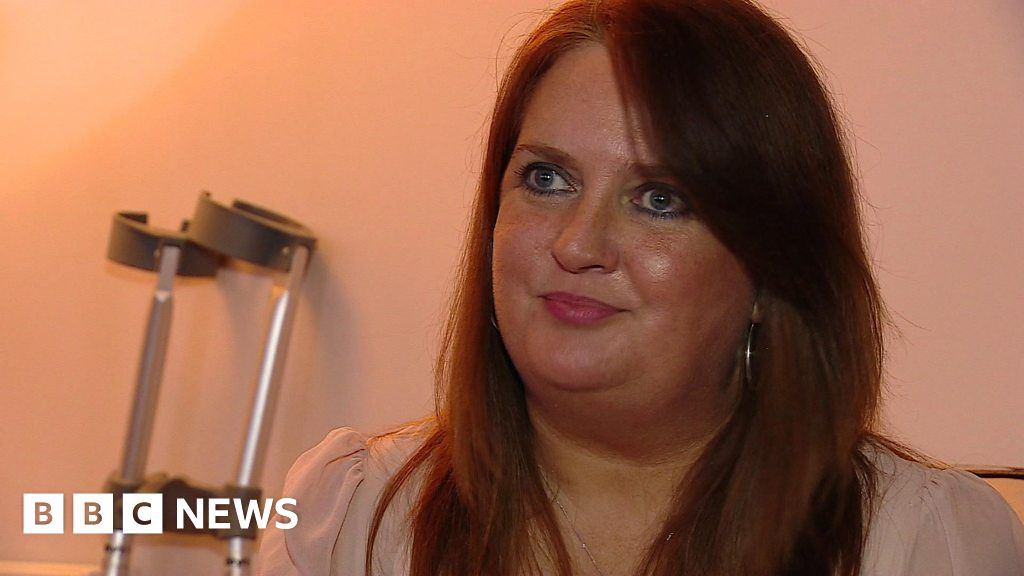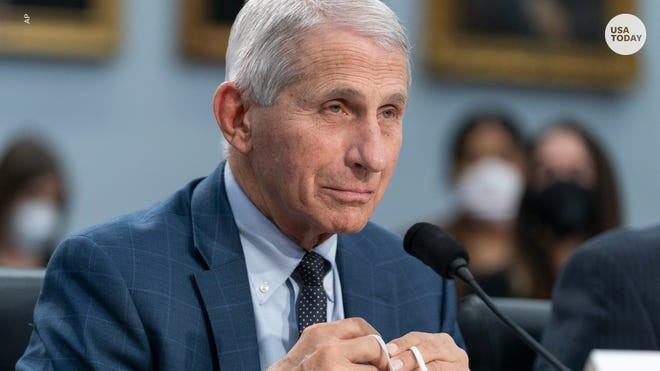Cancer Prevention: Lifestyle Habits of Oncologists
Cancer is a leading cause of death worldwide, but many cases are preventable. While genetics play a role, lifestyle choices significantly impact cancer risk. Experts are increasingly recommending adopting healthier habits as a preventative measure.
To gain valuable insights, we sought advice from top oncologists in Ireland who have dedicated their careers to treating and understanding cancer. They shared their personal daily practices, highlighting the everyday habits they believe help mitigate cancer risk.
Exercise: Moving Towards a Healthier You
Numerous studies demonstrate the positive impact of exercise on overall health and cancer prevention. Regular physical activity can reduce inflammation, regulate hormones, and improve immune function—all factors crucial for cancer prevention.
Dr. Michael McCarthy, a consultant medical oncologist, emphasizes the importance of incorporating exercise into daily routines. He highlights that exercise not only helps prevent cancer but also aids in recovery after treatment.
Professor Janice Walshe, another prominent oncologist, advocates for a combination of cardio and strength training, emphasizing that even moderate exercise can make a significant difference.
Diet: Fueling Your Body for Health
The food we consume plays a vital role in our health, and this is particularly true when it comes to cancer prevention. A diet rich in fruits, vegetables, and whole grains can help reduce cancer risk, while excessive consumption of processed foods can increase it.
Dr. Ciara O’Hanlon Brown, an oncologist at St James’s Hospital, stresses the importance of limiting ultra-processed foods, often found in pre-packaged meals and snacks. She emphasizes that these foods are not beneficial and can contribute to increased cancer risk.
Dr. McCarthy echoes this sentiment, urging people to prioritize fresh, unprocessed foods and limit sugar intake. He highlights that a balanced diet is essential for overall health and cancer prevention.
Weight Management: Striking a Balance
Obesity is a significant risk factor for several cancers, including breast, colorectal, and endometrial cancers. Maintaining a healthy weight is crucial for reducing cancer risk.
Ms. Claire Thompson, a consultant gynaecological oncologist, emphasizes the link between obesity and endometrial cancer, particularly among women who haven't yet gone through menopause. She underscores the importance of managing weight throughout life, especially during the perimenopause.
Dr. Walshe acknowledges the challenges of maintaining a healthy weight, particularly during hormonal changes like the perimenopause. She suggests strategies like intermittent fasting to manage caloric intake and maintain a healthy weight.
Smoking Cessation: A Major Step Towards Better Health
Smoking is a major risk factor for many cancers, including lung, breast, and bladder cancers. Quitting smoking is one of the most impactful steps you can take to reduce your cancer risk.
Dr. McCarthy, having witnessed the devastating effects of smoking on family members, strongly advocates for smoking cessation.
Dr. Thompson highlights the link between smoking and various cancers, including those of the vagina, vulva, and cervix. She expresses concern about the rise in vaping among young women, as the long-term health effects are still being studied.
Dr. O’Hanlon Brown emphasizes that smoking cessation is a crucial preventative measure, having witnessed firsthand the detrimental effects of smoking on individuals. She highlights the importance of making a conscious decision to quit smoking for the sake of long-term health.
Sleep: Rest and Repair for a Stronger You
Adequate sleep is essential for overall health and can play a role in cancer prevention. Studies indicate that insufficient sleep may increase cancer risk by hindering the body's natural repair mechanisms.
Dr. McCarthy explains that sleep allows the body to repair damaged cells, a process crucial for preventing cancer development. He recommends aiming for 7-8 hours of quality sleep each night.
Alcohol Consumption: Moderation is Key
Alcohol consumption is linked to an increased risk of several cancers, including liver, breast, and colorectal cancers. Limiting alcohol intake is crucial for reducing cancer risk.
Dr. Walshe advocates for moderate alcohol consumption, suggesting limiting intake to a few drinks per week for occasional enjoyment.
Sun Protection: Shielding Yourself from Harmful Rays
Overexposure to ultraviolet (UV) radiation from the sun is a major risk factor for skin cancer. Using sunscreen regularly is vital for protecting your skin from harmful UV rays.
Dr. O’Hanlon Brown, who specializes in both breast and skin cancers, stresses the importance of daily sunscreen use, especially on the face and hands. She emphasizes the need for sun protection, particularly for individuals with fair skin, who are at higher risk of skin cancer.
Screening: Catching Cancer Early
Early detection is key to improving outcomes for many cancers. Participating in recommended cancer screening programs can help identify cancer at its earliest stages, when treatment is often most effective.
Dr. Thompson encourages women to participate in cervical cancer screening, emphasizing that early detection can prevent cancer development or allow for prompt treatment.
Conclusion: Empowering Yourself for a Healthier Future
By adopting healthier lifestyle habits, you can significantly reduce your risk of developing cancer. The oncologists we spoke to are living proof that simple, everyday choices can make a big difference.
These habits are not just for oncologists; they are for everyone. Take control of your health and embrace a healthier lifestyle today. You deserve to live a long and healthy life.
A Final Note: More Than Just Prevention
Remember that while preventative measures are incredibly important, cancer can still occur. It's essential to know your family history, be aware of potential symptoms, and consult with your doctor for regular checkups.
By combining preventative measures with early detection and proactive healthcare, you can take charge of your health and increase your chances of living a long and fulfilling life.


















